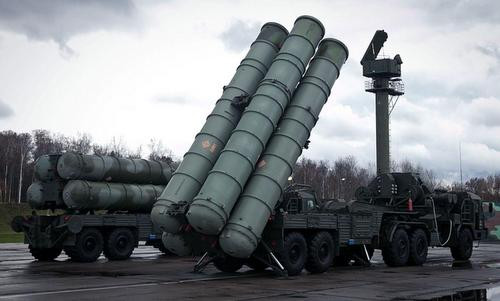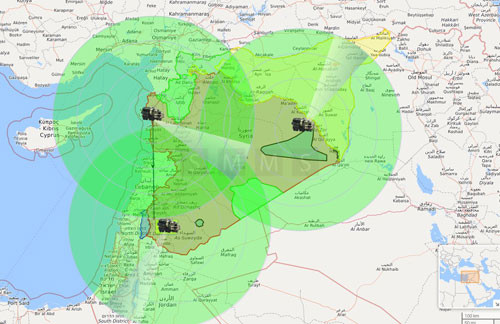Russia may transfer 8 S-300 systems to help Syria cover its airspace
The S-300 systems supplied by Russia can help Syria protect its entire airspace against foreign aircraft intrusions.
|
Russian S-300 air defense system. Photo:TASS |
The Russian military could provide Syria with 4-8 S-300 air defense missile systems to help the country protect its entire airspace along the coast and areas bordering Israel, Jordan, Lebanon and Iraq.KomersantSeptember 25, citing sources familiar with the matter.
The source said Moscow will transfer 2-4 S-300 systems to Damascus in the next two weeks, the rest may be transferred in the future and depends on the actual situation.
The S-300 radar has a coverage range of up to 300 km, helping Syrian air defenses monitor all activities in its entire airspace and detect threats from afar. The S-300 missile can destroy various targets at a maximum range of 195 km.
According toIzvestiaThe Russian military is also strengthening its electronic warfare system in Syria by adding modern equipment to the Hmeymim airbase in Latakia province.
The Russian Defense Ministry previously announced that it would use electronic warfare systems to jam spy satellites operating along the Syrian coast to prevent Israel from carrying out airstrikes on the territory of this Middle Eastern country. Russia also equipped the Syrian air defense forces with modern radar and fire control systems to prevent the disaster from happening again.
|
Syria's original plan was to deploy S-300 missiles to protect its airspace. The green circle is the S-300 missile's 300 km coverage range, but its target shooting range is only 195 km. Graphics:HAL. |
The announcement of supplying S-300 to Syria was made by Russia in the context of the Il-20 reconnaissance aircraft carrying 15 people of this country being shot down by a Syrian S-200 missile on September 17. The Russian military then announced the results of the investigation, accusing the Israeli F-16 fighter jet of deliberately "hiding" in the shadow of a Russian plane when attacking a target in Syria, causing the country's air defense to mistakenly target and fire at its ally.
Russian Defense Minister Sergei Shoigu affirmed that if the measures Moscow took after the Il-20 was shot down were not enough to "cool down hot heads," Russia will continue to "take action according to the situation" to prevent moves that could endanger Russian soldiers in Syria.



